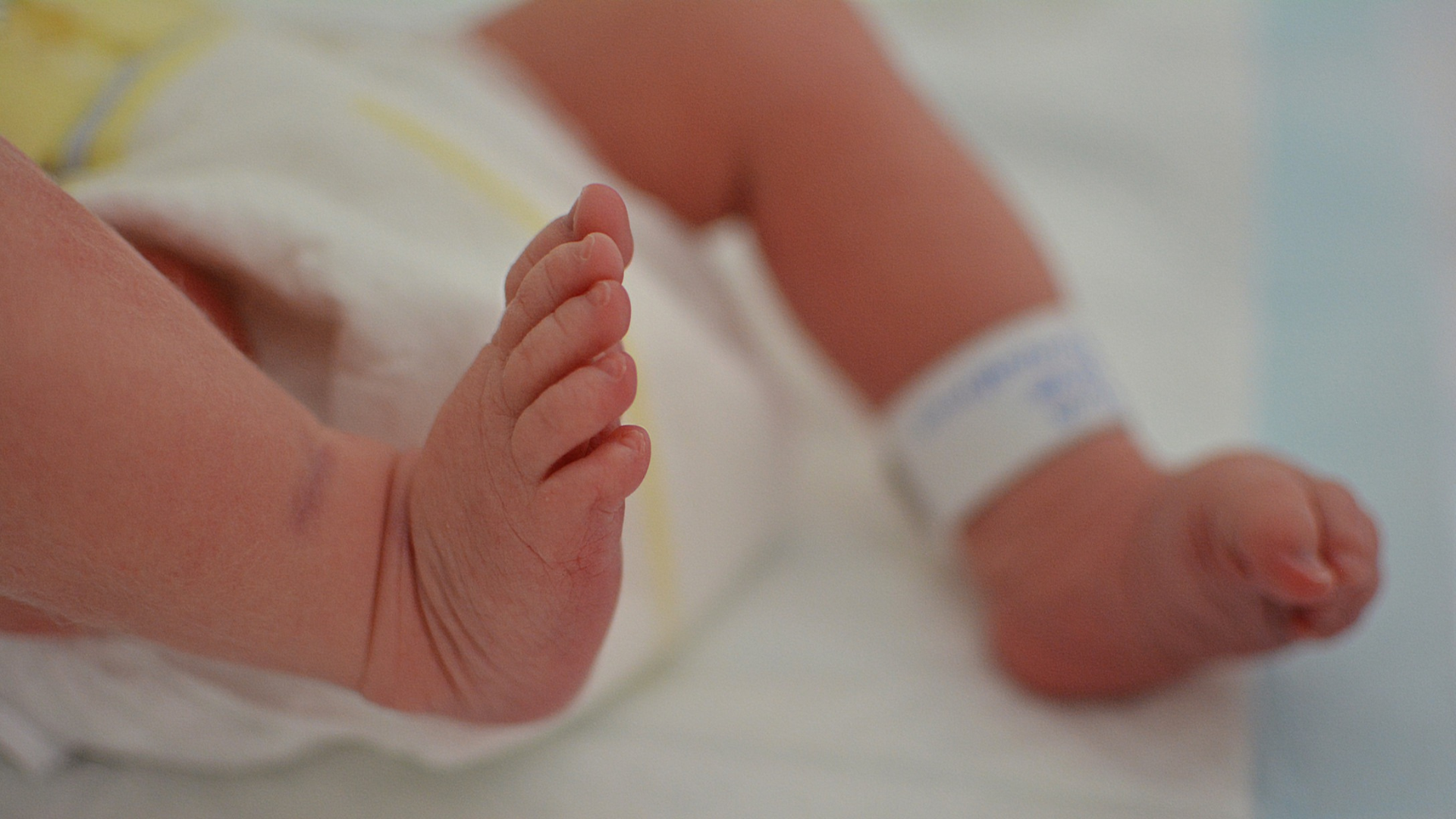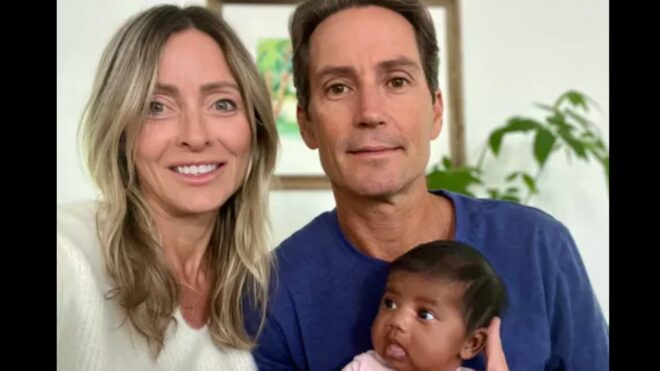
A staggering statistic was revealed earlier this week when Mississippi — the poorest state in the United States — revealed that it is facing a newborn death emergency. Now, health officials have declared a public health emergency in the state, sparking a conversation about how and why the infant mortality rate in Mississippi and other states in the US is so high.
According to CBS News, the Mississippi Department of Health reported that 9.7 infants died for every 1,000 live births in 2024, compared to the national average of 5.6 deaths per 1,000. Additionally, more than 3,500 Mississippi infants have died before their first birthday between 2014 and 2024, the news outlet noted.
Dr. Dan Edney, State Health Officer, says improving infant mortality is Mississippi’s #1 public health priority and for good reason.
— SuperTalk Mississippi (@supertalk) August 25, 2025
“We’ve lost over 3,200 babies in the last decade before their first birthday.”
2024 saw the highest infant mortality rate in a decade, even as… pic.twitter.com/xvm1TA55c9
Perhaps even more concerning is that in Mississippi the mortality rate for Black infants was more than double the mortality rate for white infants in 2024, per HuffPost. The most prevalent causes of infant death in the state are congenital malformations, preterm birth, low birth weight, and sudden infant death syndrome.
“We cannot and will not accept these numbers as our reality,” State Health Officer Dr. Dan Edney wrote in a statement. “Declaring this a public health emergency is more than a policy decision; it is an urgent commitment to save lives. Mississippi has the knowledge, the resources and the resilience to change this story.”
This data combined with the reality of major cuts being made to federal health programs by the Trump administration, has caused quite a bit of concern among parents and health care workers alike, prompting some important questions about how the state and the US as a whole will be able to work toward improving the infant mortality rate.
@kevin_on_a_bike Mississippi has declared a state of emergency for infant mortality. WHO runs Mississippi, again? #republicans ♬ original sound – kevin_on_a_bike
One person on TikTok pointed out that Mississippi has been run by Republicans consecutively since 2011. “These states that continually vote for Republicans are just getting worse, getting less healthy, living shorter lives, and it’s because of the policies, because of the decisions, Republican policymakers have made,” he said, urging Democrats to start speaking out about this.
Someone in his comments agreed, writing, “MS refused to expand postpartum Medicaid, there’s a provider shorteage women can’t access prenatal care, and rural hospitals are closing. It makes me so mad that in 2025 in the US, both moms and babies are dying like this.”
“Meanwhile Mississippi has DEFUNDED programs that help poverty stricken and marginalized people,” another person wrote.
Others argue that there must be a correlation between the newborn deaths and vaccinations, noting that Mississippi reportedly has a high rate of vaccination.
“US has one of the highest infant vaccination rates and also high mortality. If you study SIDS it’s closely related to vaccination administration,” someone commented on a Facebook in a post on the topic.
“Medicaid pregnant moms and babies must receive every cdc recommended ![]() – everyone. Sheriff will escort if there is a no-show. What could go wrong,” another person wrote.
– everyone. Sheriff will escort if there is a no-show. What could go wrong,” another person wrote.
“Big pharma is the problem. Drs are the problem. Problem over 80 percent of them have their pockets filled by big pharma. No having the best interest of people in mind, is the problem. Not respecting parental rights to choose certain things is the problem, nurses injecting babies behind parents backs are the problem,” someone else commented.
Health official Edney, however, believes the problem primarily lies with maternal health and that that is the issue that needs to be addressed first.
“Improving maternal health is the best way to reduce infant mortality,” he said, per HuffPost. “That means better access to prenatal and postpartum care, stronger community support and more resources for moms and babies. Healthy women of childbearing age are more likely to have healthy pregnancies, which in turn lead to healthier babies.”
He continued, “Mississippi has the knowledge, the resources and the resilience to change this story. It will take all of us — policymakers, healthcare providers, communities and families — working together to give every child the chance to live, thrive and celebrate their first birthday.”




